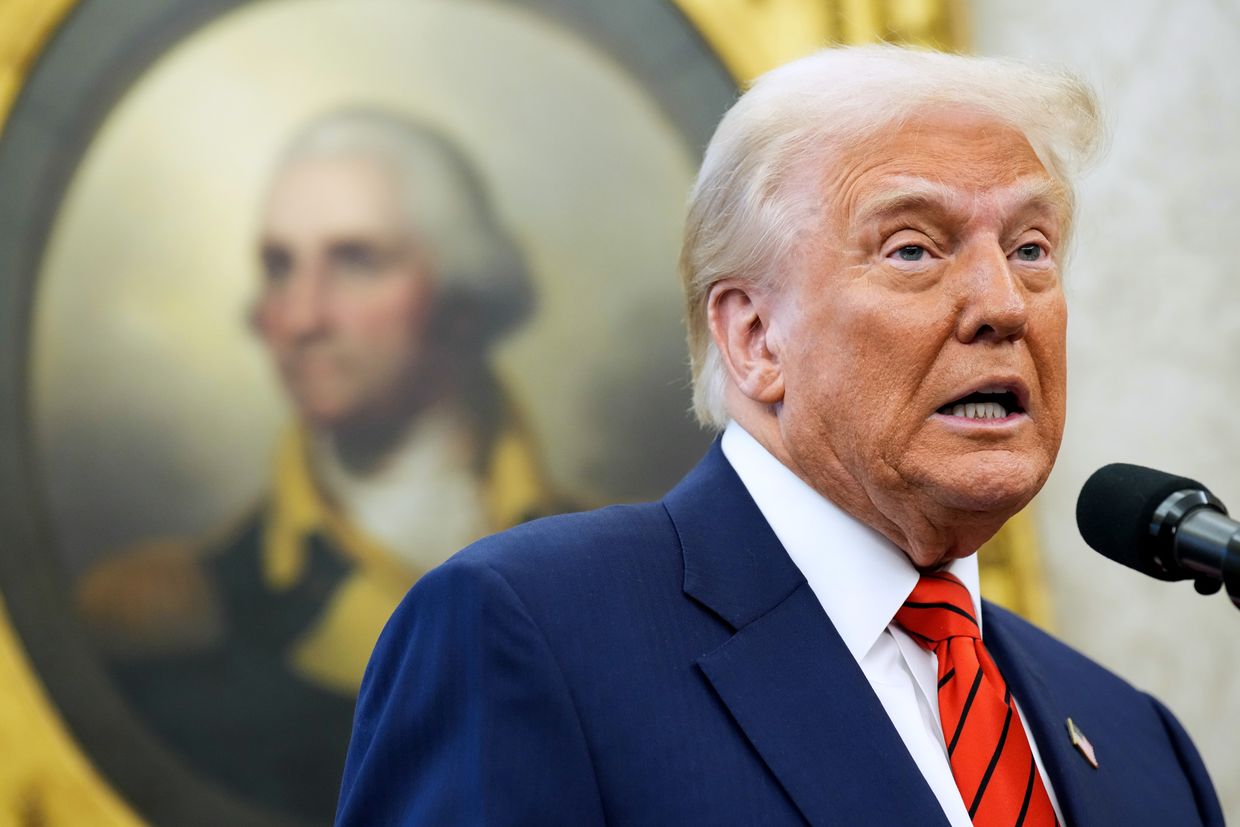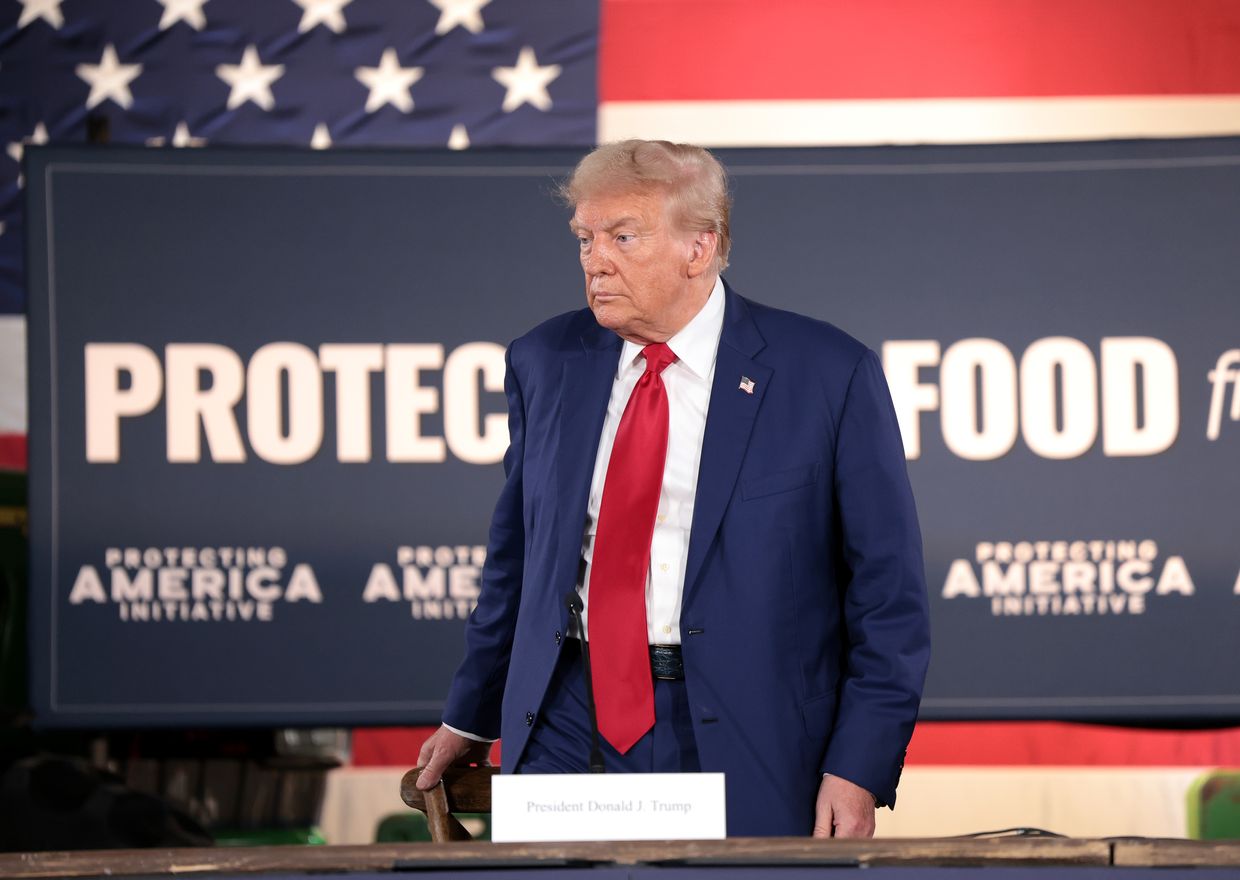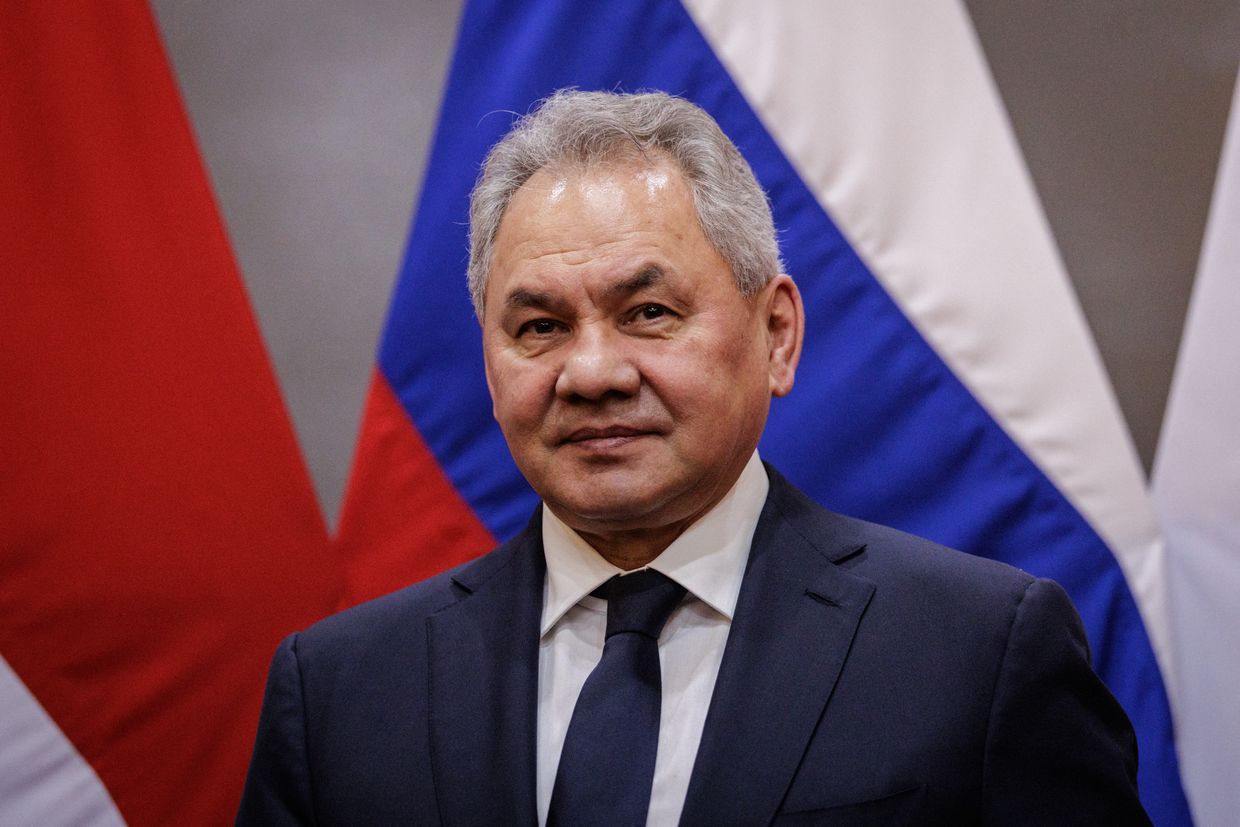Editor's note: This story was updated with a statement from European Commission President Ursula von der Leyen.
U.S. President Donald Trump signed an executive order on Feb. 10 imposing a 25% tariff on all steel and aluminum imports, with no exceptions, according to the White House.
Steel production is a key sector of Ukraine's economy, the second-largest source of foreign currency after agriculture.
Economy Minister Yuliia Svyrydenko wrote on Facebook that Ukraine’s metallurgical products make up 57.9% of Ukraine's exports to the U.S., or in dollar amounts, $503 million out of $869 million. It’s unclear what time frame those figures represent.
The share of Ukrainian products in U.S. steel products is minimal and won’t have a significant impact on U.S. producers, Svyrydenko noted. But it’s still another blow to the country’s largest exports of metallurgical companies — ArcelorMittal Kryvyi Rih and Interpipe — already hurting due to the war.
"In recent years, we have made every effort to ensure that Ukrainian steel remains outside the 25% tariff limit in the U.S.," Svyrydenko said, implying that these efforts have been unsuccessful.
The minister added that she and her colleagues are “working actively with partners to find an optimal solution by March 12,” when the tariffs come into effect.
Trump defended the tariffs as a way to simplify duties on metals and hinted at retaliatory measures against countries imposing tariffs on American goods.
The European Commission previously vowed to "react to protect the interests of European businesses, workers, and consumers from unjustified measures."
Commission President Ursula von der Leyen reacted to Trump's executive order by saying that "unjustified tariffs on the EU will not go unanswered."
"Tariffs are taxes — bad for business, worse for consumers," she added.
The dispute over steel and aluminum tariffs dates back to Trump's first term, when his administration imposed duties on nearly $7 billion of European exports in 2018, citing national security concerns. The EU retaliated with tariffs on U.S. goods.
A temporary truce was reached in 2021 under the Biden administration, with the U.S. partially lifting tariffs and replacing them with a quota system while the EU froze its countermeasures. Trump's new tariffs threaten to reignite the trade conflict.
The European Commission argued that such restrictions would disrupt the deeply integrated supply chains between the EU and the U.S., raising costs and harming trade between both regions.














